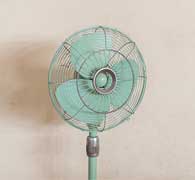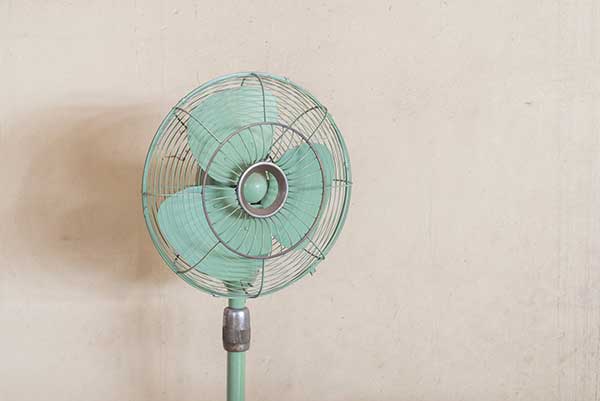When To Retire Your Old HVAC Equipment

Your company’s HVAC systems comprise about 33% to 50% of the total business budget. If you continue to ventilate our office floors with old and worn HVAC equipment, you will be losing more money than you can afford. Operational costs and maintenance costs of HVAC systems are undoubtedly high, but they can be significantly reduced if you get rid of old and inefficient machines.
Here are some of the most common signs that your HVAC units may already need replacing:
- The lack of cold air
Try to fiddle around with the thermostat and see if the temperature drops when you dial the notches down. An old and ailing HVAC unit will release warmer air when you decrease the temperature because it is no longer able to produce cold air at the optimum levels it once worked with.
- Abnormal fluctuation of utility bills
Try to observe your past monthly utility bills and see if there is a significant rise and fall in between the months. Next, try to pinpoint special occasions that needed drastic changes in the usage of your HVAC units. If you maintained the same standard of living in your workplace and yet your bills seem to tell a different story, it might be a sign that your units are nearing the end of their lifespan.
- The presence of ice on the evaporator coil
Call a specialist to perform an inspection of your HVAC’s interior and if he reports seeing ice on the evaporator coil, it could mean that your unit is giving off improper airflow. It could also mean that you’re running low on refrigerant or your filters may need cleaning, however, if the ice continuously builds up on the coil despite your maintenance efforts, then it is a sure sign that your HVAC unit is in need of retiring.
- Sputtering sounds when the machine is on
A new and efficient machine will run as quiet as possible. However, if you notice that your machine is repeatedly making unusual noises, it is a good time to call in a trained technician to help you diagnose and detect the problem.
- Repairs are becoming more frequent
If you find yourself needing to call your technician more often, it might be a sign that your machines are way past their prime. Repairs and downtime are due to become more frequent as your units age, however, it is also important to identify the machine’s limits. More repair for unsatisfactory HVAC performance is an operational cost you are better off without.
- Poisonous leaks
Old and worn HVAC units are prone to carbon monoxide (CO) leaks and these leaks are very dangerous. Carbon monoxide poisoning is a serious ailment that can be hazardous to the health of anyone coming into contact with the toxic chemical. On the most serious cases, carbon monoxide has proven to be fatal.
Ask a technician about the status of your old HVAC units but be prepared to replace those already bearing signs of carbon monoxide leakage.
- Old age
Boilers, air conditioners, coolers, refrigerators and freezers have a serviceable life of up to 15 years. Their efficiency will gradually dip the older they get, especially after the 10-year mark, but you should be assured at least 15 years of service from these units.
With this timeframe in mind, it should be part of your business budget to prepare and invest for replacement units after 10-15 years. When you scout for new HVAC units, be sure that they are Energy Star-approved. Make sure to get units that don’t run on R-22 (Freon) because the EPA is strict when it comes to phasing out these toxic chemicals. Opt for Puron refrigerants (R410A) instead.
Level One HVAC can provide you with all the professional services needed for the installation, maintenance, repair and replacement of your commercial HVAC units. Ask us about how to make your units more efficient as they run their course. Call 248-486-6500 today or use our on-line contact form and one of our friendly staff will be in touch shortly.
Visit our social media accounts to stay connected with Level one HVAC: Facebook Fan Page / Twitter Feed
- 100% Satisfaction Guarantee
- Licensed, Insured, and Certified
- 25+ Years in Business
- 24/7, 365 Service

